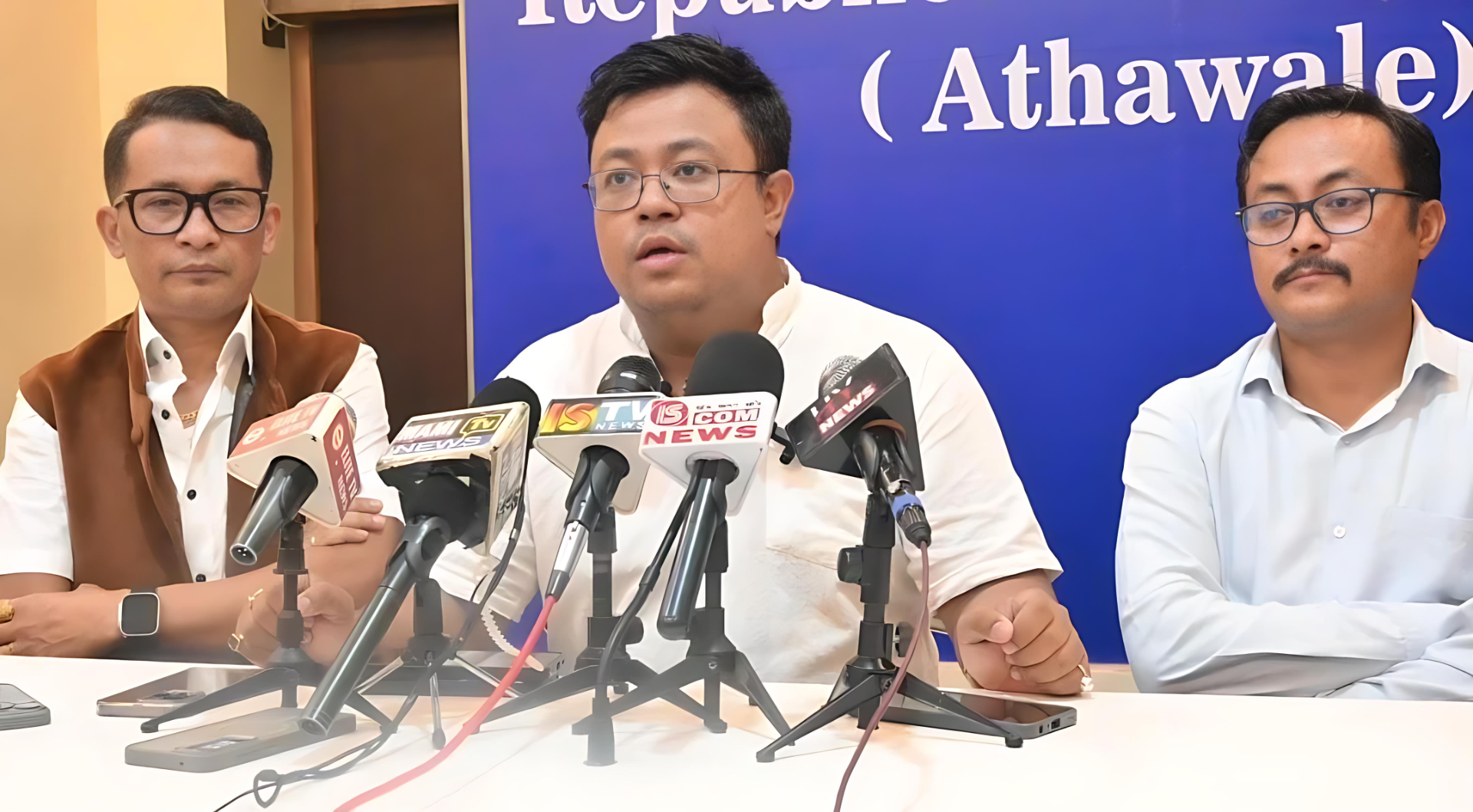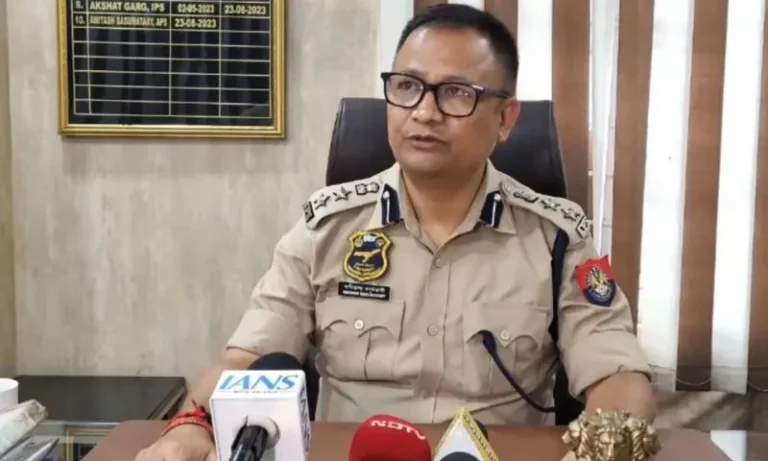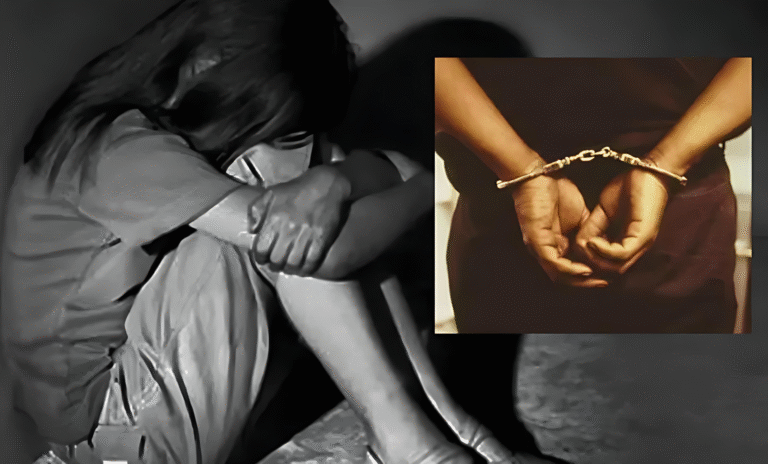Pushing for Home: The Urgent Plea for Manipur’s IDP Return in Parliament
Short Summary
Republican Party of India (RPI-A) leader Maheshwar Thounaojam has called on Manipur’s three MPs to prioritize the safe and prompt return of internally displaced persons (IDPs) during the upcoming Monsoon session of Parliament, starting July 21 and running until August 21. He stressed that MPs should set aside party politics and jointly advocate for key issues like IDP resettlement, unhindered movement on national highways, and other humanitarian concerns affecting Manipur’s people
Introduction: A Heartfelt Call to Action
Have you ever wondered what it feels like to be uprooted from your home, waiting for word that you can return? That’s the reality for thousands of families in Manipur. As India’s Parliament prepares to convene its Monsoon session from July 21 to August 21, one RPI leader wants Manipur’s MPs to champion the right to go home—for real, and soon.
1. Understanding the Context: Manipur’s Displacement Crisis
Since the brutal outbreak of ethnic violence in May 2023, Manipur has been splitting apart. Conflict between Meitei and Kuki-Zo communities has killed over 250 people and displaced more than 60,000 residents Entire villages have emptied, fields lie fallow, and families still live in makeshift shelters, unsure when they’ll safely return.
2. Who Is Maheshwar Thounaojam and What Is RPI-A Saying?
Maheshwar Thounaojam, the National Secretary of the Republican Party of India (Athawale faction), addressed reporters in Imphal on July 18. He urged the state’s MPs to set aside party loyalties during the Monsoon session. Instead, they should focus on pressing humanitarian issues—chiefly, enabling the return and resettlement of IDPs, clearing bottlenecks on highways, and other critical needs
3. Why Parliament Matters: The Monsoon Session Window
The Monsoon session typically runs for around 21 sittings over a month. It’s when MPs can introduce motions, raise questions, and push for policies. Thounaojam sees this as prime time for MPs to ask:
- When will IDPs go home?
- How will their housing and amenities be guaranteed?
- What about rebuilding roads and ensuring safe travel?
He’s urging unity—because divide and delay hurt real people.
4. The Human Toll: Beyond Numbers and Heatmaps
Let’s not gloss over faces and names—these are real households impacted by violence:
- People fleeing with just a bundle or two
- Kids missing school, parents without jobs
- Elderly caught between trauma and survival
They’re stuck in a waiting game. For them, Parliament’s decisions aren’t abstract—they’re the lifeline for a future.
5. Political Stakes: Party vs. People
Thounaojam’s push is deliberate. He said, “Irrespective of the political party they belong to, the session should be treated as important for solving the issues of IDP returns and resettlement” . That’s a call for cross-party collaboration over political point scoring. After all, when basic safety and dignity are at stake, grandstanding won’t help anyone.
Wrapping It Up: A Clarion Call for Compassion
Maheshwar Thounaojam’s appeal reminds us that democracy isn’t just elections or rhetoric—it’s about using institutional platforms to fix lives. As Manipur’s MPs gear up for Parliament, the question isn’t whether they’ll show up—it’s whether they’ll stand up—for people caught between fear and hope.
FAQs
1. Who is Maheshwar Thounaojam and what did he ask for?
He’s the National Secretary of RPI-A. On July 18, he urged Manipur’s three Lok Sabha MPs to jointly advocate for IDP return, safe highway access, and other community needs during Parliament’s Monsoon session
2. How many people in Manipur remain displaced?
Following the 2023–25 ethnic violence, official figures put about 60,000 people as IDPs, with more than 250 fatalities
3. Why is the Monsoon session important?
This 21-sitting window from July 21 to August 21 allows MPs to pose questions, push for motions, and seek central action—recent, live opportunities to advance relief and resettlement.
4. What are the main demands for the MPs?
Urgent IDP resettlement, restoration of national highway mobility, allocation of resources for housing and sanitation, and mechanisms to ensure accountability in execution
5. What happens if MPs don’t act now?
Delaying action risks prolonging displacement, worsening poverty, risking ethnic tensions intensifying, and eroding public trust in government mechanisms to protect vulnerable populations.




